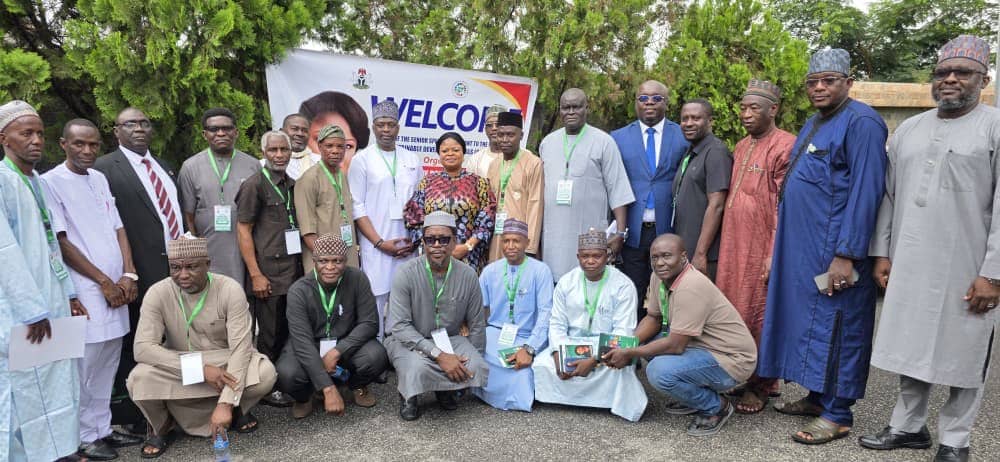The Federal Government has expressed deep concern over the slow pace of Sustainable Development Goals (SDGs) integration at the state level, revealing that 17 states are yet to domesticate the global development framework into their governance structures.
Senior Special Assistant to the President on SDGs, Princess Adejoke Orelope-Adefulire, issued the warning on Tuesday at a one-day roundtable dialogue with state SDG focal persons in Abuja. She described the lag as a significant threat to Nigeria’s ability to meet the 2030 targets.
“There are 20 states that have domesticated and integrated SDG targets and indicators into their plans. But we still have 17 states that have not brought forward their requests for domestication and integration,” she said.
“This is not a federal or state government agenda — it is a national agenda. All tiers of government must work together to achieve the SDGs.”
Orelope-Adefulire urged the defaulting states to act swiftly, warning that without integration, budgetary allocations may fail to reflect the national development priorities.
“When you spend 10 naira, we must know what portion addresses ‘No Poverty,’ ‘Zero Hunger,’ education, healthcare, or job creation at the grassroots,” she said.
She emphasised accountability at the local government level, questioning whether increased federal allocations were translating into tangible community benefits.
“Development is bottom-up. The Council of Local Governments must ensure funds are used effectively,” she added.
The presidential aide also explained that progress tracking relies on a three-pronged approach involving the National Bureau of Statistics, state focal persons and planning officers, and relevant federal ministries, departments, and agencies.
With only five years left before the 2030 deadline, she warned that “the SDGs are not abstract — they represent real lives, real communities, and real change. For those 17 states yet to domesticate, the time to act is now.”
Edo State’s Director-General for SDGs, Julius Okunbor, described the roundtable as “an eye-opener” and dismissed the misconception that the SDGs office is heavily funded by donors. He praised Governor Monday Okpebholo for reviving Edo’s dormant SDG programmes and pledged to deepen advocacy at the grassroots.
In Abia, Special Adviser on Basic and Secondary Education, Kenechukwu Nwosu, said the state had emerged as a model for integrating SDGs across sectors — from infrastructure to healthcare and agriculture.
He credited close collaboration with local governments and traditional rulers for the state’s progress, noting that Abia’s prudent financial management had eliminated the need for loans to meet project funding commitments..
Do you want to share a story with us? Do you want to advertise with us? Do you need publicity for a product, service, or event? Contact us on WhatsApp +2348183319097 Email: platformtimes@gmail.com
We are committed to impactful investigative journalism for human interest and social justice. Your donation will help us tell more stories. Kindly donate any amount HERE




